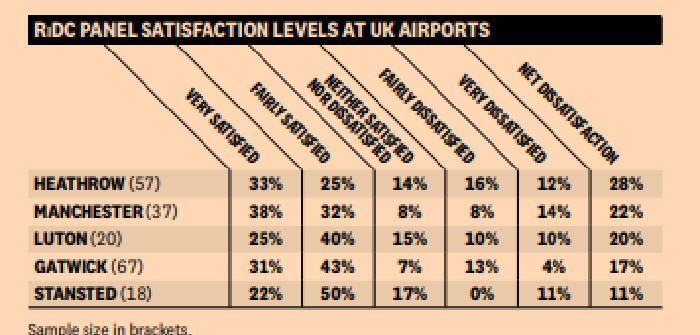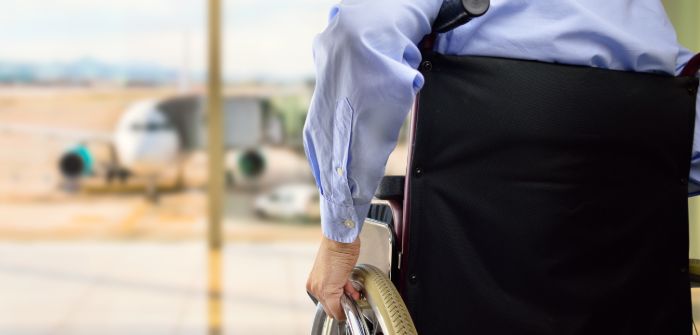Passengers with reduced mobility are being left humiliated, deprived of their dignity and in some cases even physically hurt when traveling through airports, putting them off flying altogether, a new investigation by Which? magazine has found.
The UK consumer champion heard from passengers who felt they had been robbed of their dignity and left in degrading situations by inconsistency in the assistance provided, as well as experiencing accessibility staff who were not doing their jobs properly and poor communication between airlines, airports and service providers.
All UK airports must, by law, provide free support to any disabled passenger who needs it. The law also dictates that people with restricted mobility should have the same opportunities for air travel as anyone else.
But a survey conducted by the Research Institute for Disabled Consumers (RiDC) for Which? found that, in the past two years, nearly half (46%) of passengers with reduced mobility felt unable to travel by air because of their disability.
The survey found that 25% of respondents who had used special assistance at an airport were dissatisfied. While it received a ‘good’ rating by the Civil Aviation Authority (CAA), the special assistance service at Heathrow was deemed the worst overall in the RiDC survey, with over a quarter of respondents (28%) saying they were dissatisfied.
Despite the CAA’s ranking, the regulator said that due to a dip in performance levels there was a chance London Heathrow will not meet the standard for a good rating next year.
The CAA’s report found that there are now no ‘poor’ airports for disabled access in the UK and just one – Manchester – that ‘needs improvement’. The RiDC survey respondents found Manchester to be the second-worst, with one in five (22%) feeling dissatisfied.
Which? believes more needs to be done to ensure better communication between airline, airport and special assistance staff as well as the provision of extra training to make sure all passengers are cared for in a dignified manner.
“Not one single person should have to suffer the indignities and pain we heard about in the course of this investigation. But it seems these experiences of inadequate airport accessibility services are all too common, so it’s unsurprising that thousands of disabled travelers feel unable to fly,” said Rory Boland, Which? travel editor.
“It’s also unacceptable. Airports have a legal responsibility to provide these services and more needs to be done to ensure no passenger is made to feel this way just because they wanted to take a holiday.”

Interested in learning more about how to improve the airport experience for PRMs? Don’t miss the ‘Aging Population & PRMs‘ stream on Day 3 (Thursday 2 April) of the Passenger Terminal Conference, which will include speakers from the UK CAA, the European Commission, IATA, and more.


